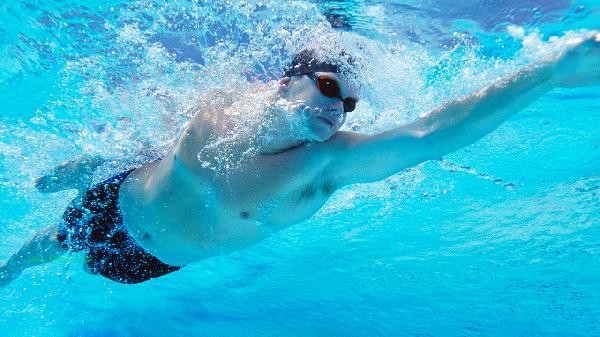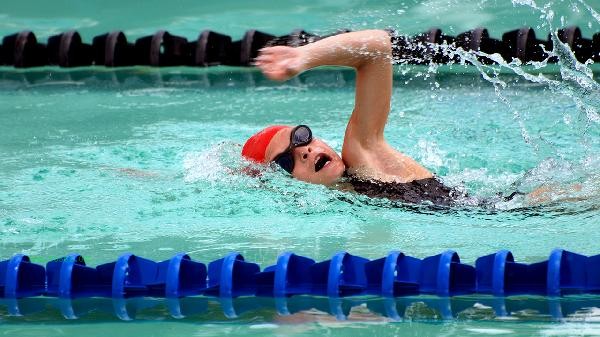The muscle recovery time after swimming is usually 24 to 48 hours, and the actual recovery time is affected by factors such as exercise intensity, personal physique, and nutritional supplementation. Swimming belongs to low impact aerobic exercise, and the degree of muscle damage is relatively small. After regular intensity swimming training, mild muscle soreness usually subsides on its own within 24 hours. If high-intensity interval training or long-distance continuous swimming is used during swimming, it may cause muscle fiber micro tearing, and the recovery time may be extended to about 48 hours. Timely hydration and protein supplementation after exercise can help accelerate repair, and alternating hot and cold patches can also alleviate delayed muscle soreness. Some populations may have slow lactate metabolism or poor muscle tolerance, such as middle-aged and elderly swimmers and those who lack exercise for a long time. This group of people may experience muscle soreness lasting for more than 3 days after swimming, accompanied by stiffness or fatigue. Suggest adjusting swimming duration and intensity, increasing stretching time after exercise, and consulting a rehabilitation doctor for physical therapy intervention if necessary.

After swimming, it is recommended to supplement foods containing high-quality protein such as eggs and fish, and combine them with appropriate carbohydrates to promote glycogen recovery. Avoid repeating high-intensity swimming training within 24 hours after exercise and switch to low-intensity activities such as walking or yoga. Middle aged and elderly people can supplement with vitamin D and calcium appropriately to help maintain muscle function. If muscle pain persists for more than 72 hours or is accompanied by swelling and fever, seek medical attention promptly to rule out sports injuries such as muscle strains.









Comments (0)
Leave a Comment
No comments yet
Be the first to share your thoughts!